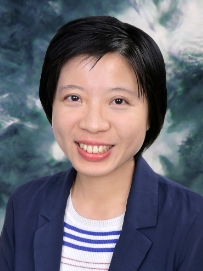 Prof. Yin Ting Cheung studies toxicities and outcomes related to drugs and therapies in survivors of cancer. This knowledge can be used to inform clinicians and patients of the potential long-term health effects of cancer treatment so that early interventions may be implemented.
Prof. Yin Ting Cheung studies toxicities and outcomes related to drugs and therapies in survivors of cancer. This knowledge can be used to inform clinicians and patients of the potential long-term health effects of cancer treatment so that early interventions may be implemented.
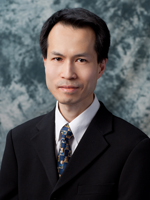
Prof. Kenneth To investigates how genetic variations in drug transporters affect drug bioavailability and toxicity. This knowledge may allow personalized selection of drugs to deliver optimal effectiveness and minimal side effects.
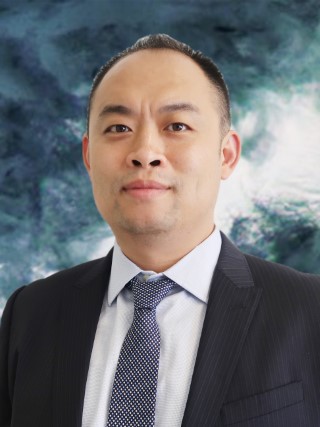 Prof. Xiaoyu Yan studied the pharmacokinetics and pharmacodynamics of erythropoiesis-stimulating agents (ESAs). His work suggested that intensive ESA treatment can induce drug tolerance and resistance. Dosing regimen optimization and patient stratification may be needed to minimize the influence of drug resistance.
Prof. Xiaoyu Yan studied the pharmacokinetics and pharmacodynamics of erythropoiesis-stimulating agents (ESAs). His work suggested that intensive ESA treatment can induce drug tolerance and resistance. Dosing regimen optimization and patient stratification may be needed to minimize the influence of drug resistance.
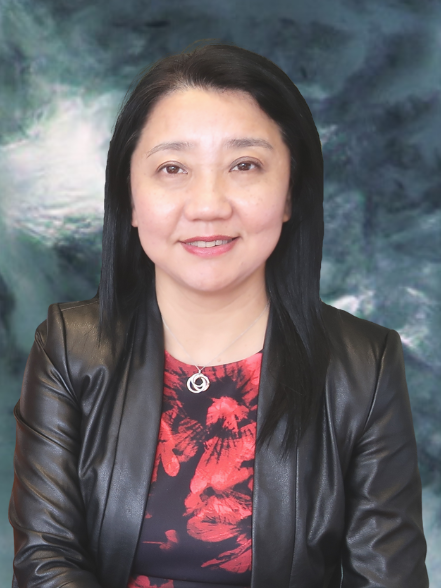
Prof. Joan Zuo studies quality control of herbal products, improvement in delivery of herbal components in animal models, and elucidation or even prediction of potential herb/herb or herb/drug interactions in vivo. As a result, herbal drugs can be made safer and more effective.
After more than a decade-long of successes in unraveling the mystery of absorption, metabolism and disposition of herbal active marker compounds (AMC) following oral administration, Prof. Zuo made a strategic move in recent years to address two issues of paramount importance in accelerating the pace of herbal medicine research. The two issues were (1) in-vitro and in-vivo quality control of herbal medicines and (2) herb-drug interactions.
See Publications (1, 2, 3, 4, 5)
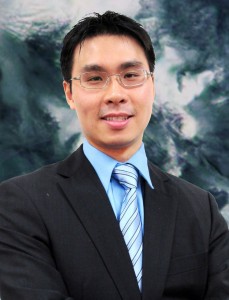 Dr. Teddy Lam, in collaboration with researchers from Stanley Ho Centre of Emerging and Infectious Diseases and clinicians in Princess Margaret Hospital, conducts a clinical trial to study how genetic variations in drug metabolic enzyme affect the efficacy and safety of efavirenz, an antiretroviral. This knowledge will allow optimization of dosing regimen based on patient’s genetic make-up and therefore prevent undesirable toxicity.
Dr. Teddy Lam, in collaboration with researchers from Stanley Ho Centre of Emerging and Infectious Diseases and clinicians in Princess Margaret Hospital, conducts a clinical trial to study how genetic variations in drug metabolic enzyme affect the efficacy and safety of efavirenz, an antiretroviral. This knowledge will allow optimization of dosing regimen based on patient’s genetic make-up and therefore prevent undesirable toxicity.


